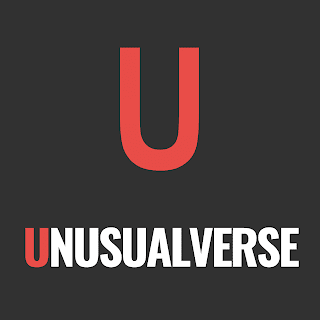Barbara Hager is a Deaf academic and researcher at the Centre for Teacher Education, University of Vienna, specializing in deaf studies, sign language pedagogy, and inclusive education.
Academic Career
Barbara Hager holds a Master of Science degree and subsequently enrolled as a PhD candidate at the Centre for Teacher Education, University of Vienna[1]
Hager led a three-year project (2021–2024) funded by the Austrian Science Fund (FWF) at the Centre for Teacher Education. The project concentrated on how students with disabilities, including those who are deaf, expressed emotions during the COVID-19 pandemic. Employing Constructivist Grounded Theory, Hager collected and analyzed sign-language video interviews, working participatively—students themselves contributed to transcriptions and provided feedback[2].
Additional Contributions
Barbara Hager also co-authored work relating to inclusive education across linguistic and cultural contexts. One such publication, titled “Lost in Meaning: Validation of Understandings of Inclusive Education in Different Languages and Cultural Contexts," examines how the concept of inclusive education may encounter translation and interpretation challenges[3].
- ResearchGate profile of Barbara Hager. (n.d.). Barbara Hager – University of Vienna | UniWien · Center for Teaching and Learning.
- Universität Hamburg / University of Vienna. (n.d.). “The contacts disappeared” – Expressing Emotions of Deaf Students during Covid-19. Barbara Hager – Universität Wien.
- Subasi, S., Hager, B., & Proyer, M. (2023). Lost in Meaning: Validation of Understandings of Inclusive Education in Different Languages and Cultural Contexts. Global Education Review, 10, 36-49.










